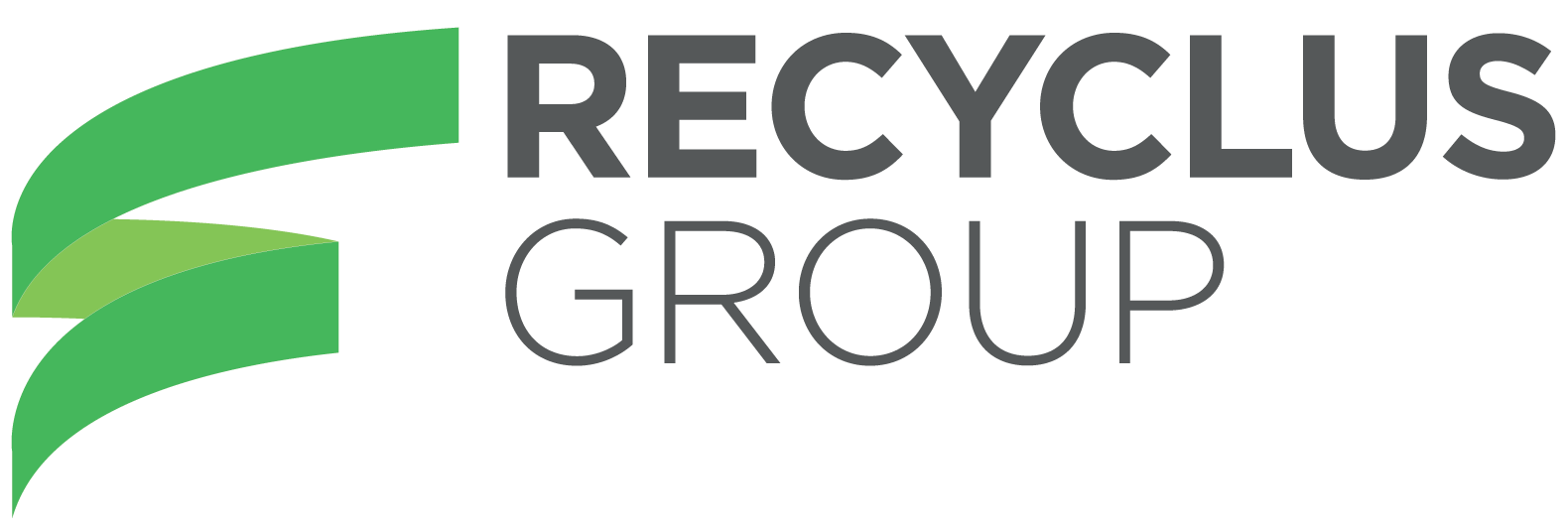UK’s Project COMET Secures £8.1M to Pioneer Circular EV Battery Recycling
Innovative consortium to demonstrate onshore low-carbon recovery of lithium, cobalt, and nickel for the electric vehicle supply chain.
A major step forward in sustainable battery recycling has been announced with the launch of Project COMET, a three-year initiative aimed at delivering a circular, UK-based lithium-ion battery supply chain.
The project is backed by a total £8.1 million investment, jointly funded by the Department for Business and Trade (DBT) through the Advanced Propulsion Centre UK (APC) and by the project partners themselves — collectively contributing 50% of the total programme spend.
The project brings together a powerful consortium including LiBatt Recycling (a subsidiary of Recyclus Group), Mint Innovation, JLR, WMG at the University of Warwick.
The project will prove Mint Innovation’s low-carbon, hydrometallurgical process for refining “black mass” — a fine powder containing valuable metals extracted from end-of-life lithium-ion (Li-ion) batteries. These recovered materials, including lithium, cobalt, and nickel, will be processed onshore and fed back into the production of new batteries, reducing the UK’s reliance on virgin mined resources and exported waste.
COMET is a response to the growing need for resilient, localised Li-ion battery material supply chains in the UK. The APC estimates that 235 kilotons of electric vehicle (EV) battery waste will be generated domestically by 2040. Yet currently, the UK lacks industrial-scale recyclers capable of producing verified recycled battery materials.
Robin Brundle, Executive Chairman and Co-Founder of Recyclus Group, commented:
“We’re thrilled to be collaborating with Mint Innovation, JLR, and WMG on this ground-breaking project, which marks a major milestone in advancing the UK’s circular Li-ion battery economy.
Securing £4.05 million through the APC is not only a strong vote of confidence in the consortium, but also in the role innovative recycling technologies will play in securing the domestic supply of critical materials.
Mint’s scalable, low-carbon black mass refining process is exactly what the industry needs, and we believe this project will deliver tangible results that move us significantly closer to realising our cradle-to-cradle vision — where end-of-life batteries become the foundation for the next generation.”
Each partner plays a pivotal role in the circular model:
- JLR will provide end-of-life Li-ion batteries taken from their EVs.
- LiBatt Recycling, Recyclus Group will process these Li-ion batteries into black mass.
- Mint Innovation will refine the black mass into metal salts at a UK-based demonstration facility.
- WMG, University of Warwick, will convert these salts into cathode active materials and battery cells for re-use.
- The loop is completed with JLR testing these new materials for EV battery performance.
The project will be delivered from the West Midlands and is scheduled to complete in 2028. It also supports the UK government’s £2.5 billion DRIVE35 programme, which aims to strengthen the UK’s EV manufacturing base and create high-quality green jobs through innovation.
About Recyclus Group
Recyclus Group is a UK-based company pioneering sustainable battery recycling infrastructure to support the energy transition and electrification of transport. The company focuses on scalable, circular solutions for end-of-life Li-ion batteries, helping secure critical material supply for the future economy.
About Mint Innovation
Mint Innovation is a leading cleantech firm using hydrometallurgy and natural biomass to recover valuable metals from electronic and battery waste. The company launched the world’s first commercial PCB recycling plant in Sydney and was named a Technology Pioneer by the World Economic Forum.
